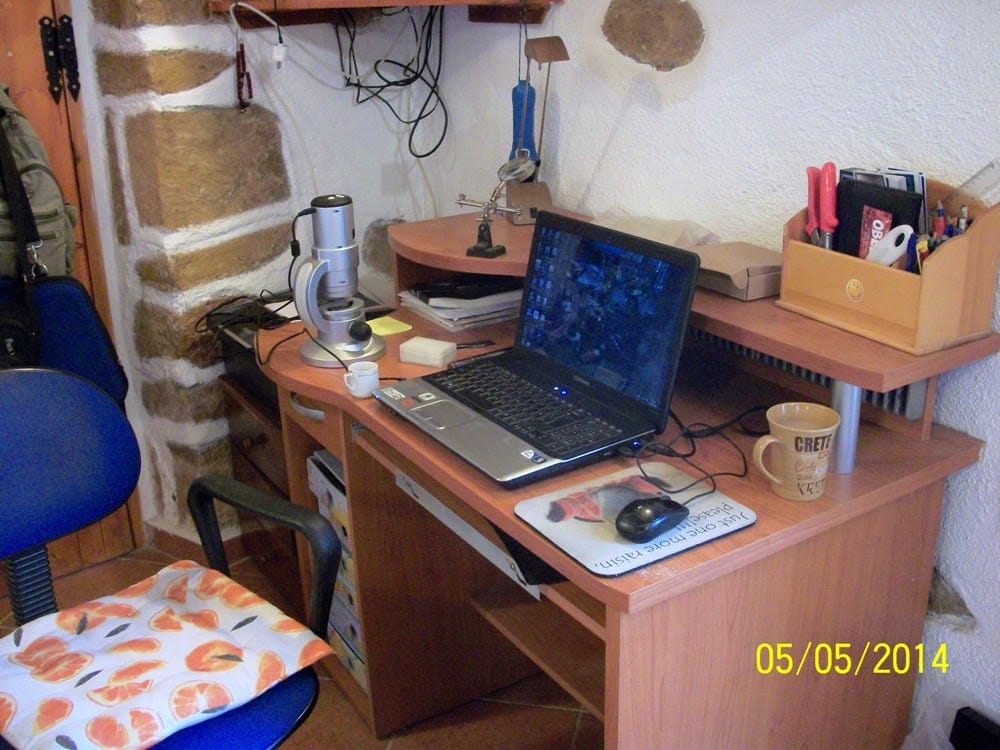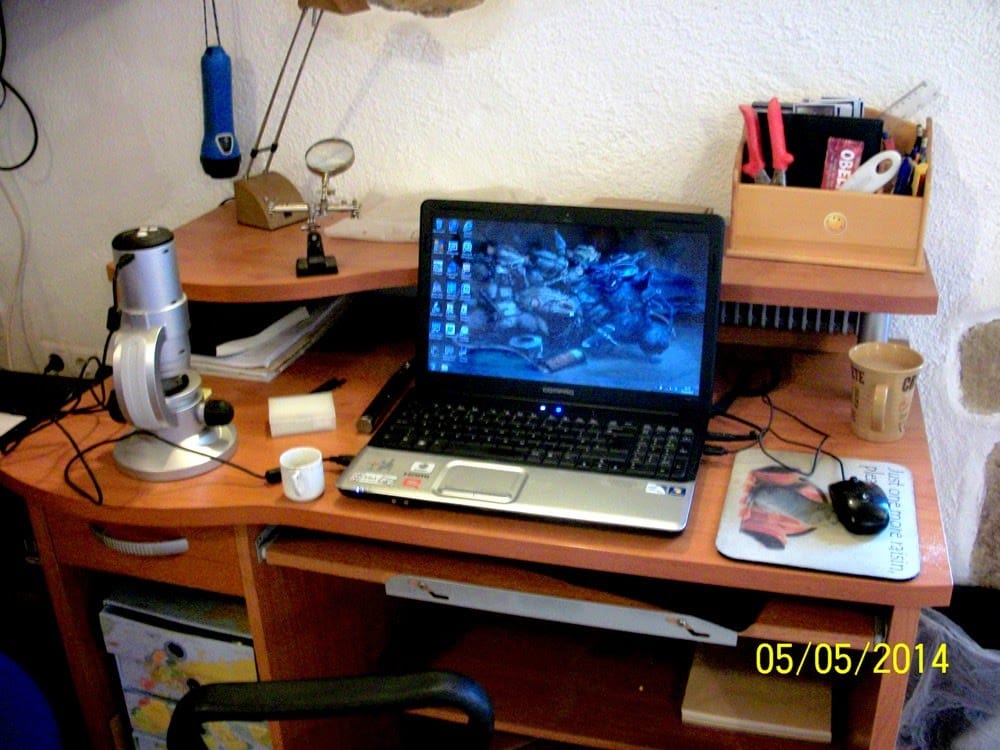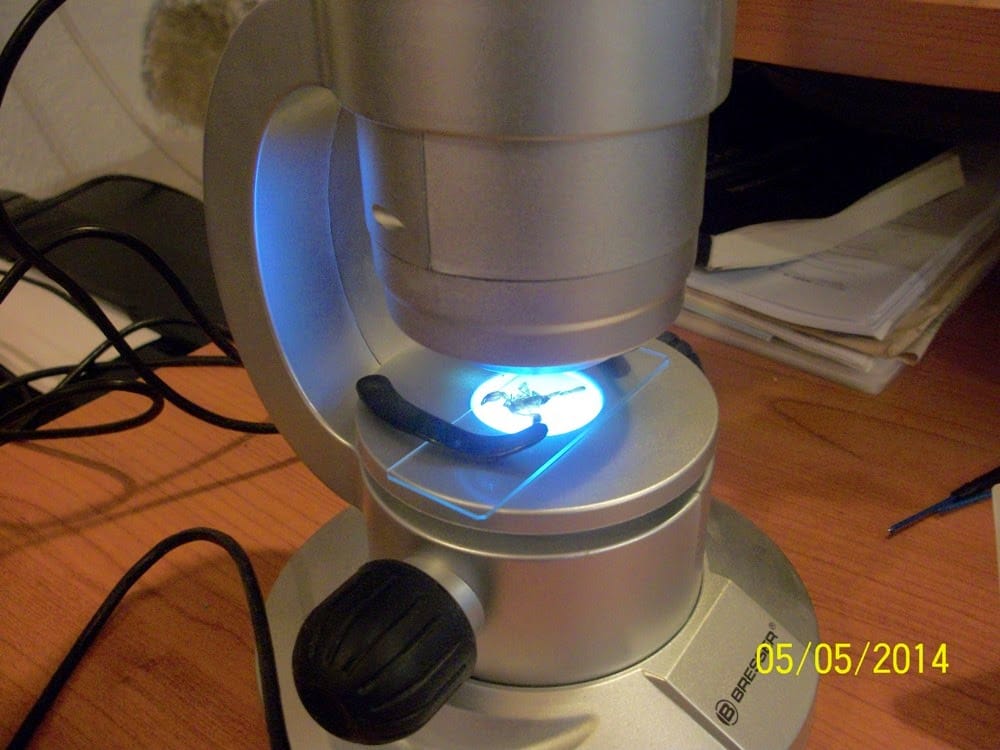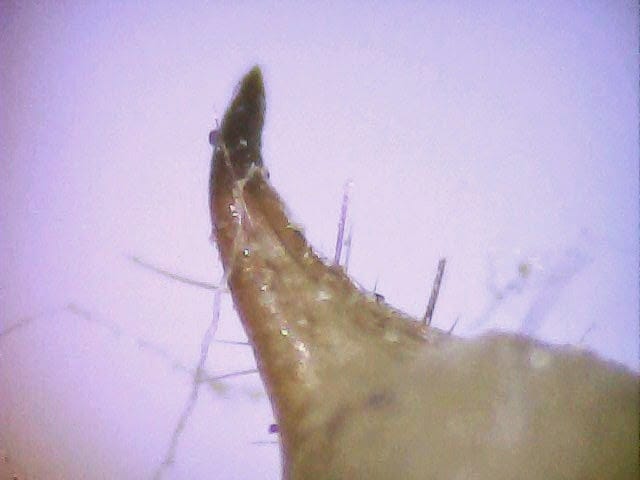Tag: Education
Fun with a Scorpion
The Windy Moon
Sooty Moths
Mental Fat
Piltdown Man
Just for those of you that might not have heard of this, here’s how scientific fraud can put us back years. it also seems to be an episode from which little has been learned.
Whoever perpetrated the crime, it is considered to be one of the most damaging scientific hoaxes of all time, because it set the development of evolutionary theory back for years while researchers labored pointlessly to integrate a fake skull into the fossil record.
From The Skeptic’s Dictionary, which rather amused me considering the stance there on other matters (I put the bold bit there):
Because of the public nature of science and the universal application of its methods, and because of the fact that the majority of scientists are not crusaders for their own untested or untestable prejudices, as many pseudoscientists are, whatever errors are made by scientists are likely to be discovered by other scientists. The discovery will be enough to get science back on track. The same can’t be said for the history of quacks and pseudoscientists where errors do not get detected because their claims are not tested properly. And when critics identify errors, they are ignored by true believers.
Scientists were fooled by this hoax for 40 years, until the weight of other finds finally drove some of them to take a close look at the skull itself, and find out it was a fake. One can hope things might work faster in this Internet age.
Wonders of the Solar System
 I like to think that this was the minimum deal with the Devil Cox could make to ensure he would present the program. I like to think this was the minimum he could say to calm the political demagogues at the BBC so as to enable him to zip off to Africa to experience an English Electric Lightning jet flight straight up at 5 gees to the limits of the atmosphere to observe that ‘thin blue line’, or race across the Namib in a 4×4 to do a small piece about the sands of Mars, or race a speed boat across a lake to gather up some methane whilst talking about Saturn’s moon, Titan.
I like to think that this was the minimum deal with the Devil Cox could make to ensure he would present the program. I like to think this was the minimum he could say to calm the political demagogues at the BBC so as to enable him to zip off to Africa to experience an English Electric Lightning jet flight straight up at 5 gees to the limits of the atmosphere to observe that ‘thin blue line’, or race across the Namib in a 4×4 to do a small piece about the sands of Mars, or race a speed boat across a lake to gather up some methane whilst talking about Saturn’s moon, Titan.Anyway, I’ll continue watching the program, and just hope that the homilies are out of the way…
Thing You Need to Know.
The Whatever Blog
I’ve just been reading some highly entertaining posts on John Scalzi’s blog. The first is What to Know When You Ask Me to Read Your (Unpublished) Work which certainly raises a chuckle or two and is now highly relevant to me. At one time I used to do this but, now, it’s just not worth the aggravation, the bottom line being, why should I forgo paid work to do this when the result might well be a wounded artiste bleeding all over me? And no, I’m not going to pat you on the head and say, “Good boy!” The second post is Ten Things Teenage Writers Should Know About Writing which is again highly entertaining but in this case points a finger squarely at the me of about thirty years ago. This kind of post is often criticized for undermining the kind of self belief that enables someone to eventually become a successful writer, however, the ones who succeed are the kind who read something like this and simply don’t stop. I stuck a reply in there to that post (in the comment overflow), pointing out that the bar is set by those who have struggled for decades to get where they are, and only rarely does anyone leap that bar without equivalent effort and determination. It’s a rule, I feel, that can be applied to success in just about any walk of life.
Book Cases Two
Here have two book cases of ‘Afront’s’ collection, thoough there’s more over here on his blog. I have to say I’d be quite happy ensconced in an armchair next to that lot for a month or two.













